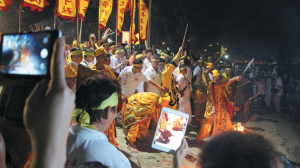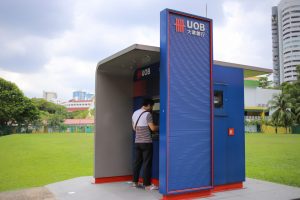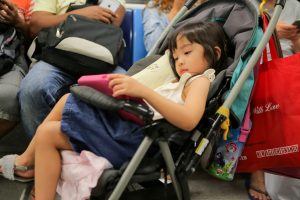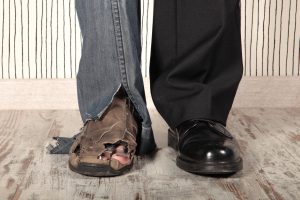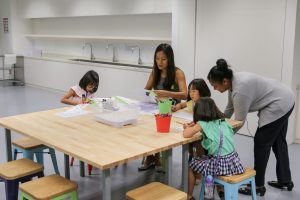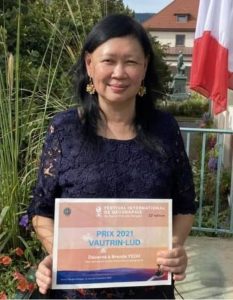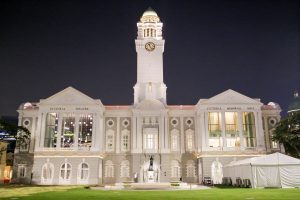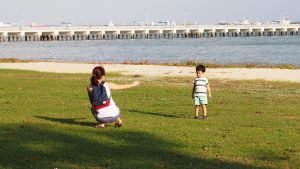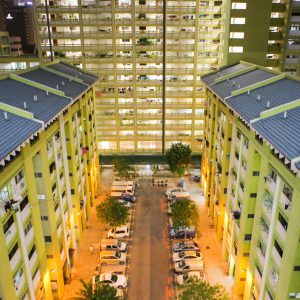News
Celebrated during the ninth lunar month of the Chinese calendar, the Nine Emperor Gods Festival is commemorated by the Taoist community over a nine-day period of festivities and rituals. There are various stories behind the arrival of the Nine Emperor Gods festival in Singapore. However, it is largely believed that a man named Ong Choo …
The Nine Emperor Gods Festival through the Lens of Modernity Read More »
‘Telcos can do more to make phone scamming unprofitable’ (The Straits Times, 2021) Between January and June, the police dealt with 323 China official impersonation scams, which caused losses amounting to $49.5 million. This was a 47 percent rise in case numbers and a recorded loss of almost five times higher than the losses recorded …
Telcos can do more to make phone scamming unprofitable Read More »
In ‘Why digital poverty deserves greater attention’ (The Straits Times, 2021), Associate Professor Irene Y.H. Ng (NUS Department of Social Work), Professor Lim Sun Sun (SUTD Humanities, Arts and Social Sciences Cluster), and Dr Natalie Pang (NUS Department of Communications and New Media) explain how inadequate access to digital devices and connectivity among lower-income households …
The International Day for the Eradication of Poverty is observed on 17 October each year to recognize the daily struggles of people living in poverty. Poverty is more than just an economic issue. Unsanitary housing conditions, lack of access to nutritious food and healthcare, and exposure to dangerous work environments are usually intertwined with insufficient …
In-Work Poverty and the Challenges of Getting By Among the Young Read More »
The International Day for the Eradication of Poverty will be observed on 17 October 2021. The United Nations views poverty as “encompassing a lack of income and the basic capabilities to live in dignity”. While Singapore’s income inequality is a well-documented phenomenon, Associate Professor Esther Goh (NUS Social Work) and her research team note that a …
‘NUS professor awarded prestigious ‘Nobel Prize’ for geography’ (The Straits Times, 2021) On October 12, Professor Brenda Yeoh (NUS Department of Geography), who specializes in migration research in Asia, was awarded the international Vautrin Lud Prize 2021. The award is widely regarded as the Nobel Prize in geography and is awarded to geographers who have …
NUS professor awarded prestigious ‘Nobel Prize’ for geography Read More »
‘Bringing Shakespeare in Asia to the World’ (NUS News, October 2021) The Asian Shakespeare Intercultural Archive (A|S|I|A) is an online archive of Shakespeare performance materials from East and Southeast Asia, based in the NUS Faculty of Arts and Social Sciences. The project, launched in 2008 and led by Associate Professor Yong Li Lan (NUS Department …
World Mental Health Day is held annually on October 11 to raise public awareness about mental health issues, advocacy against social stigma, and the importance of mental health prevention and treatment. In Singapore, social networking sites (SNS) are a source of mental health issues for many Singaporean young adults who have one of the highest …
Online social networking addiction among college students in Singapore Read More »
World Homeless Day, which falls on the 10th of October every year, reminds us of those who may not lead as comfortable lives as the rest of us. 90% of Singaporean citizens and permanent residents live in high-rise flats provided by the public housing authority, the Housing and Development Board (HDB). Professor Chua Beng Huat …
No one left homeless: Universal provision of housing in Singapore Read More »

